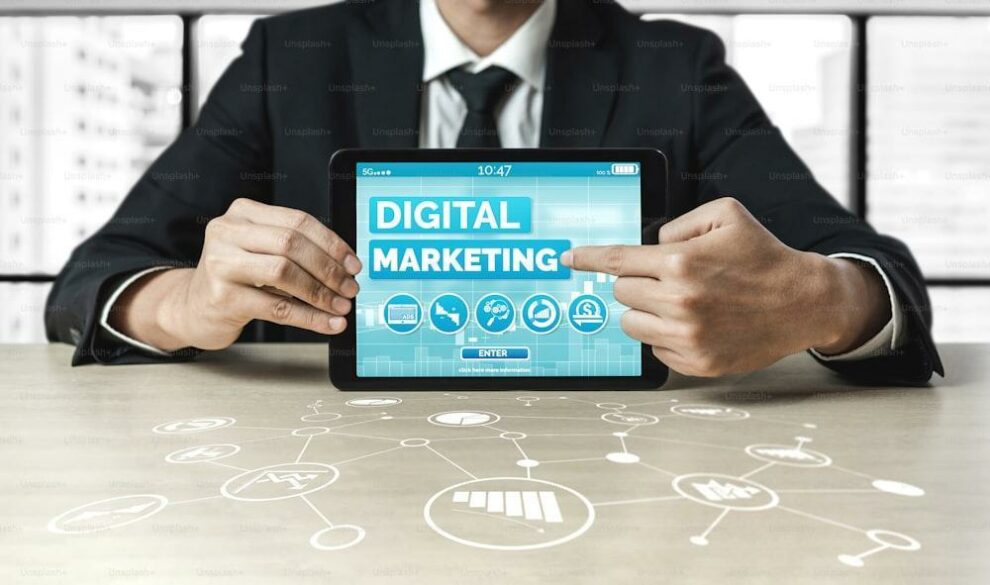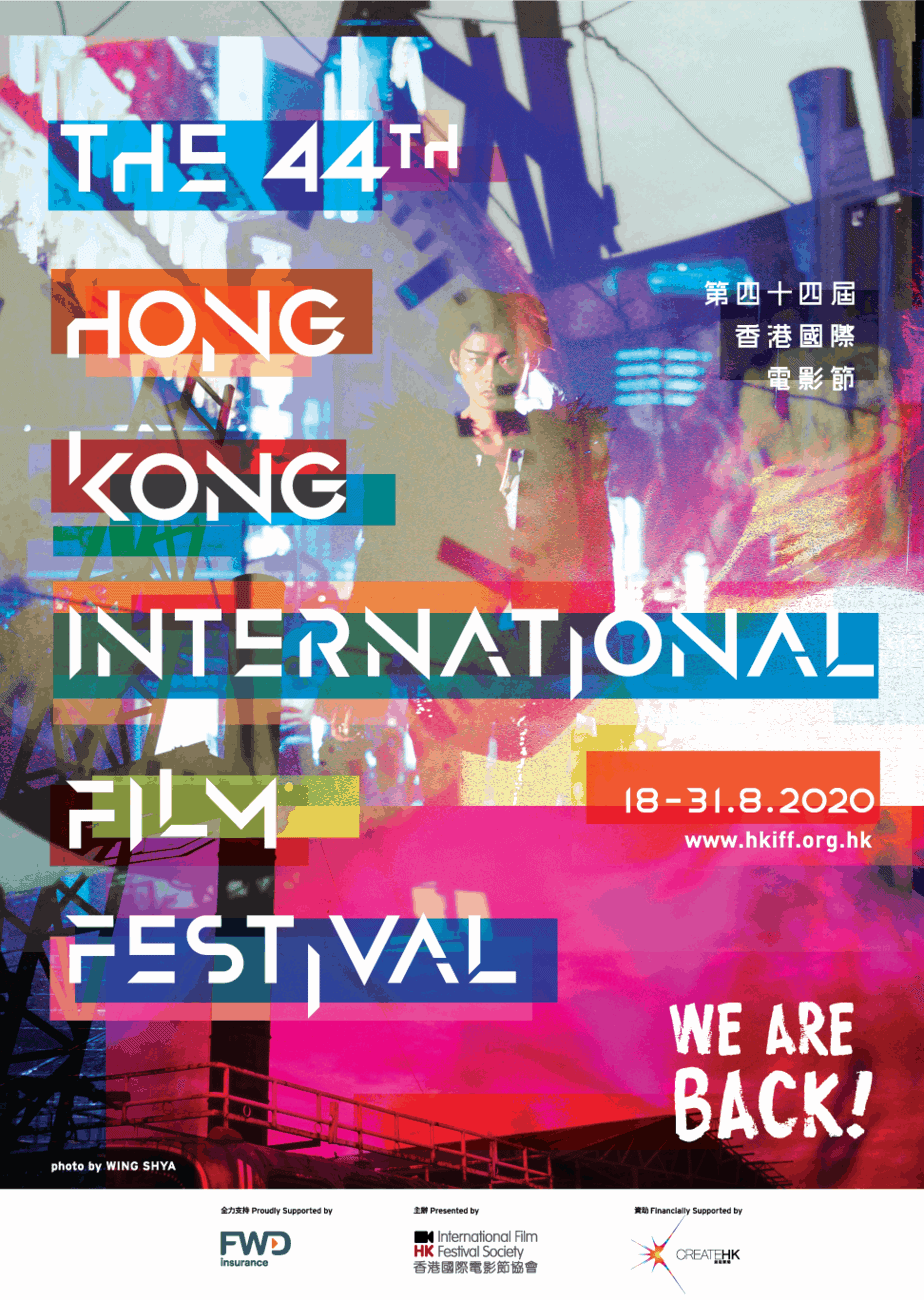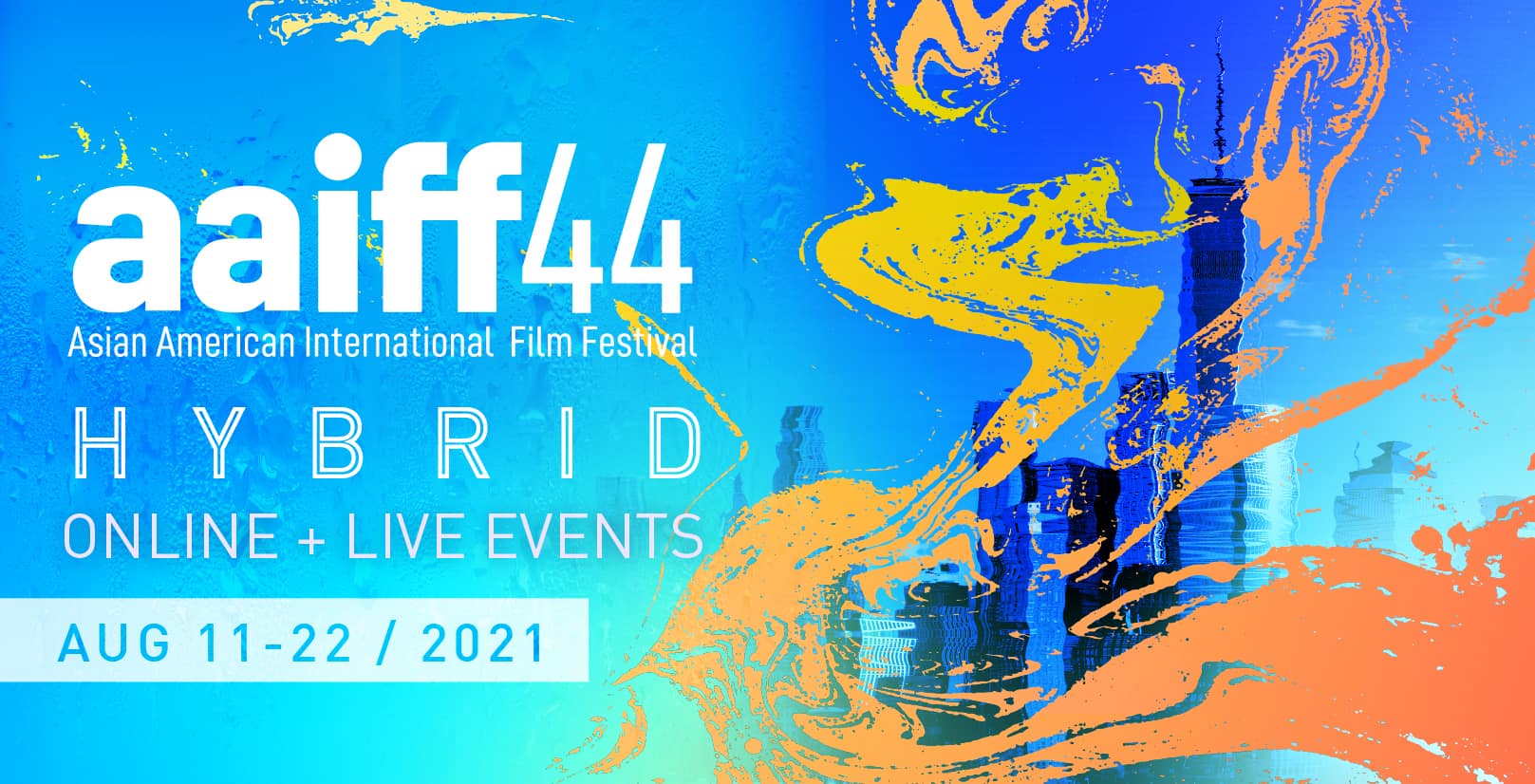In recent years, the marketing landscape has witnessed a significant shift with the emergence of virtual AI influencers. These computer-generated personalities have taken the social media world by storm, captivating audiences with their unique personas and engaging content. This article explores the rise of AI influencers in the marketing industry and how they are transforming brand strategy.
AI influencers are virtual entities created using artificial intelligence technology. They are designed to look and behave like real people, with their own distinct personalities, interests, and lifestyles. These virtual influencers have amassed millions of followers on platforms such as Instagram and YouTube, positioning themselves as influential figures in various industries, including fashion, beauty, and lifestyle.
The appeal of AI influencers lies in their ability to connect with audiences on a personal level. With carefully crafted backstories and relatable content, they have managed to establish a sense of trust and authenticity, despite their virtual nature. This has allowed them to build a loyal following and gain influence over consumer behavior.
Benefits of Using AI Influencers in Brand Strategy
Incorporating AI influencers into brand strategy offers several compelling benefits. Firstly, AI influencers provide a unique and innovative way to reach and engage with target audiences. Their virtual nature allows brands to experiment with different personas and narratives that resonate with their target demographics. This flexibility enables brands to tailor their messaging and content to specific segments, increasing the chances of capturing audience attention and driving conversions.
Secondly, AI influencers offer a cost-effective alternative to traditional influencer marketing. While collaborating with human influencers can be expensive and time-consuming, partnering with AI influencers eliminates the need for negotiations, contracts, and physical appearances. Brands can save significant resources by leveraging AI influencers, as they are available 24/7 and require minimal ongoing management.
Furthermore, AI influencers provide brands with greater control over their messaging and brand image. Unlike human influencers, AI influencers are not subject to personal opinions, controversies, or scandals. Brands can curate and control the content that AI influencers share, ensuring that it aligns with their brand values and objectives. This level of control minimizes the risks associated with influencer marketing and allows brands to maintain a consistent brand image.
How AI Influencers Are Redefining Brand Strategy
AI influencers have disrupted traditional brand strategy by introducing new possibilities and approaches. One of the key ways AI influencers are redefining brand strategy is through their ability to generate highly personalized and targeted content. Using data analytics and machine learning algorithms, AI influencers can analyze audience behavior and preferences, enabling brands to deliver tailored content that resonates with individual consumers. This level of personalization enhances customer experiences and increases the likelihood of consumer engagement and loyalty.
Moreover, AI influencers are expanding the boundaries of creativity in brand campaigns. With their virtual nature, AI influencers can be placed in surreal or fantastical environments, allowing brands to create captivating and visually stunning content. This opens up a whole new realm of possibilities for brands to tell immersive stories and create memorable experiences for their audiences.
Additionally, AI influencers are pushing the boundaries of inclusivity and diversity in brand campaigns. As virtual entities, they can be created to represent any gender, ethnicity, or body type. This allows brands to showcase diversity and inclusivity in their marketing efforts, promoting representation and breaking stereotypes.
Case Studies of Successful Brand Campaigns with AI Influencers
Several brands have already embraced AI influencers and have witnessed remarkable success in their marketing campaigns. One such example is the collaboration between luxury fashion brand Balmain and virtual AI influencer Lil Miquela. Balmain partnered with Lil Miquela to promote their new collection, leveraging her large following and unique aesthetic. The campaign generated significant buzz, reaching a wide audience and increasing brand awareness among younger demographics.
Another notable case is the collaboration between beauty brand Shiseido and virtual AI influencer Imma. Shiseido utilized Imma’s futuristic appearance and engaging content to promote their skincare products. The campaign resulted in a substantial increase in brand engagement and product sales, as Imma’s followers were captivated by her flawless complexion and beauty tips.
These case studies highlight the tremendous potential of AI influencers in brand strategy. By leveraging their virtual personalities and engaging content, brands can effectively reach and connect with their target audiences, ultimately driving business growth and success.
Conclusion
The rise of virtual AI influencers has ushered in a new era in brand strategy. These computer-generated personalities have revolutionized the marketing industry, offering unique opportunities for brands to connect with audiences and drive business results. By leveraging the benefits of AI influencers, brands can create personalized, cost-effective, and highly engaging campaigns that resonate with consumers. As technology continues to evolve, it is clear that AI influencers are here to stay, redefining the way brands approach marketing and consumer engagement.















